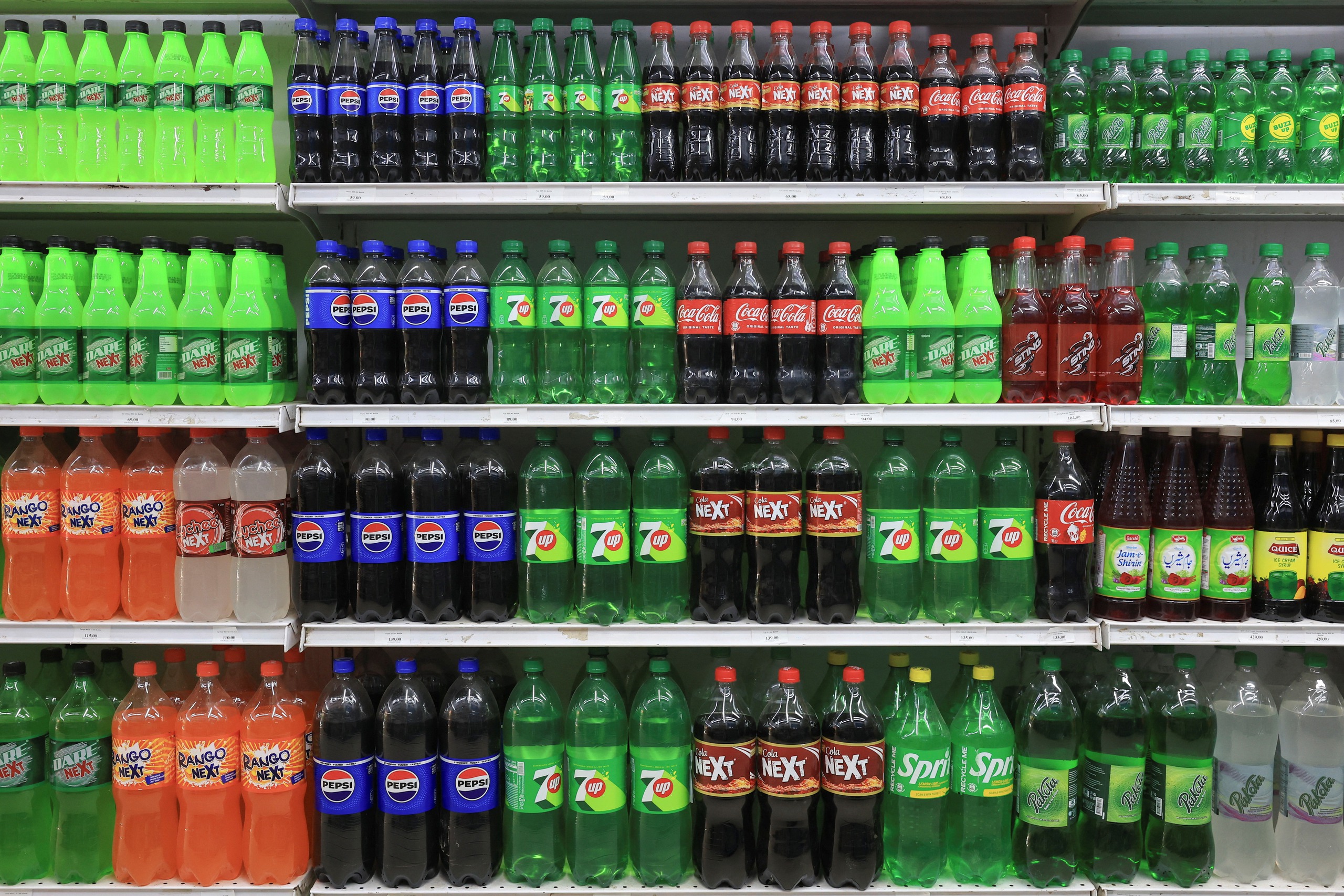
Soft drinks on display at a shopping mall in Karachi, Pakistan.
Reuters on November 7 quoted a newly published report saying that the world's largest food and beverage companies sell less healthy products in low-income countries than the products they sell in high-income countries.
The report by the Access to Nutrition Initiative (ATNI), a non-profit organization based in the Netherlands, evaluated products from 30 major companies, including Nestle (Switzerland), PepsiCo (USA) and Unilever (UK).
The results showed that products sold in low-income countries scored lower on a rating system developed by Australia and New Zealand, which has a maximum score of 5.
In low-income countries, these multinationals scored just 1.8. In high-income countries, where more products are tested, the score was 2.3.
“It’s a clear picture that what these companies are selling in the poorest countries in the world, where they increasingly operate, is not a healthier product. It’s a wake-up call for countries,” said Mark Wijne, research director at ATNI.
This is the first time ATNI has looked separately at low-income and high-income countries. ATNI says this is important because packaged foods are increasingly contributing to the obesity crisis.
According to the World Health Organization, more than 1 billion people worldwide are currently obese. The World Bank estimates that about 70% of overweight or obese people live in low- and middle-income countries.
A Nestle spokesperson said the company was enhancing its products to help close the nutrition gap in developing countries. "We are committed to selling more nutritious foods and educating people on a more balanced diet," the spokesperson said.
A PepsiCo spokesperson declined to comment. Last year, the company set a goal of reducing salt in its potato chips and adding ingredients like whole grains to its products.
“We acknowledge that there is always more to do, both at the business and industry level,” said Isabella Esser, chief researcher at Danone (France), which scored highest in the report.
Source: https://thanhnien.vn/cac-cong-ty-lon-ban-thuc-pham-kem-lanh-manh-o-nhung-nuoc-ngheo-185241107203353771.htm


![[Photo] Prime Minister Pham Minh Chinh receives Mr. Jefferey Perlman, CEO of Warburg Pincus Group (USA)](https://vstatic.vietnam.vn/vietnam/resource/IMAGE/2025/4/18/c37781eeb50342f09d8fe6841db2426c)


![[UPDATE] April 30th parade rehearsal on Le Duan street in front of Independence Palace](https://vstatic.vietnam.vn/vietnam/resource/IMAGE/2025/4/18/8f2604c6bc5648d4b918bd6867d08396)






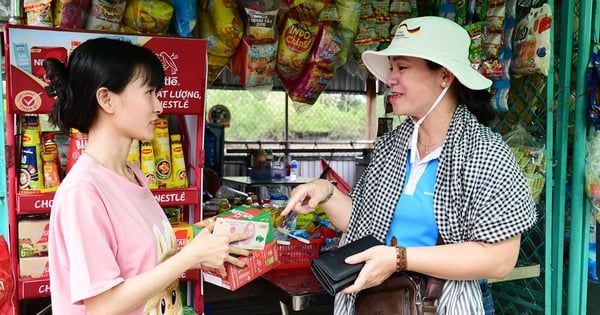


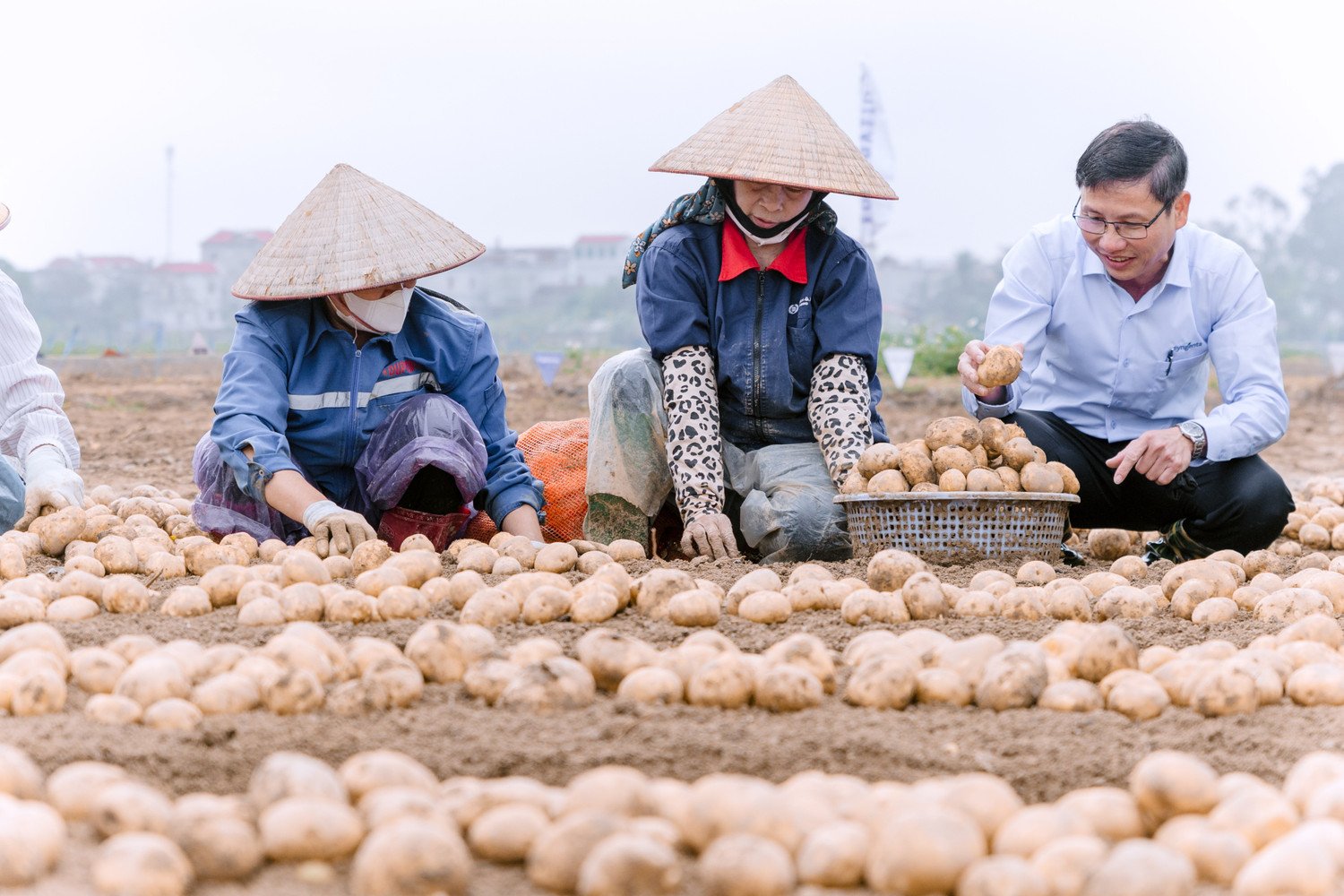

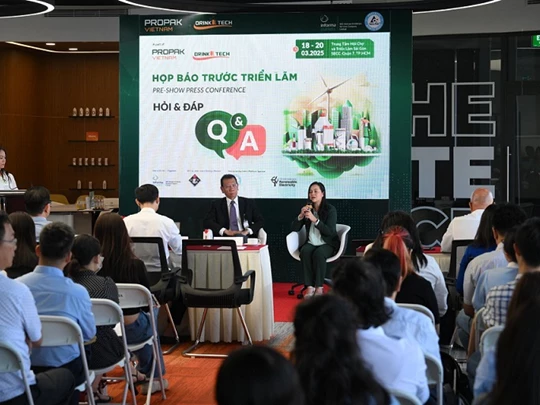






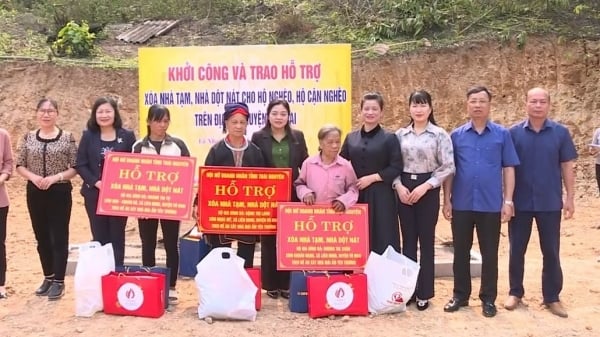




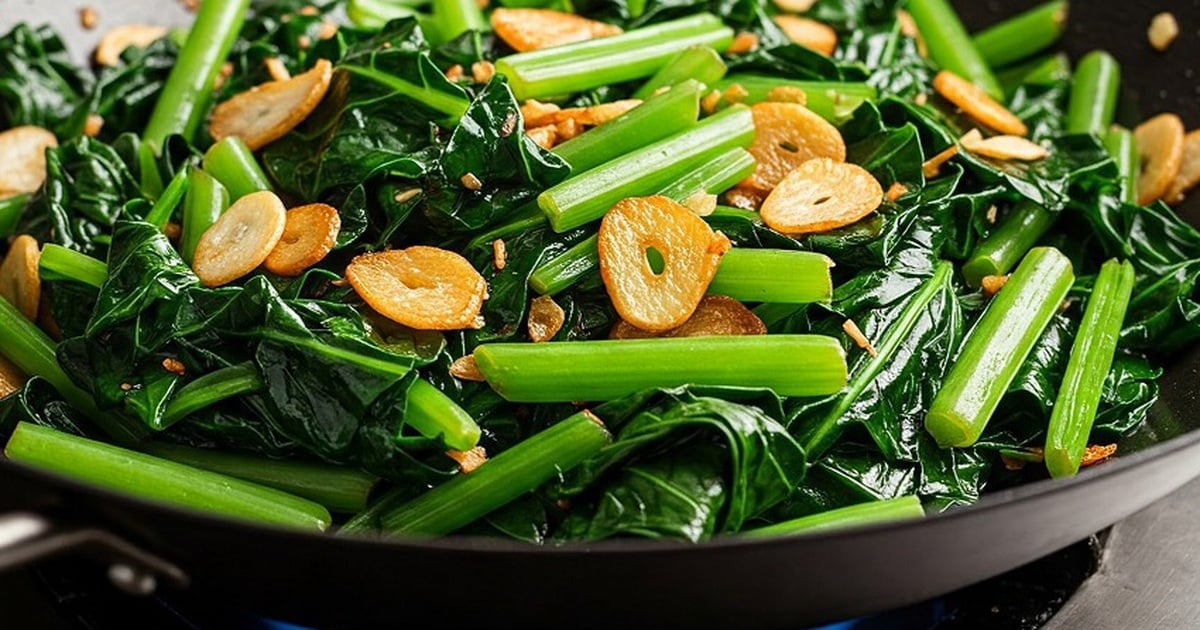

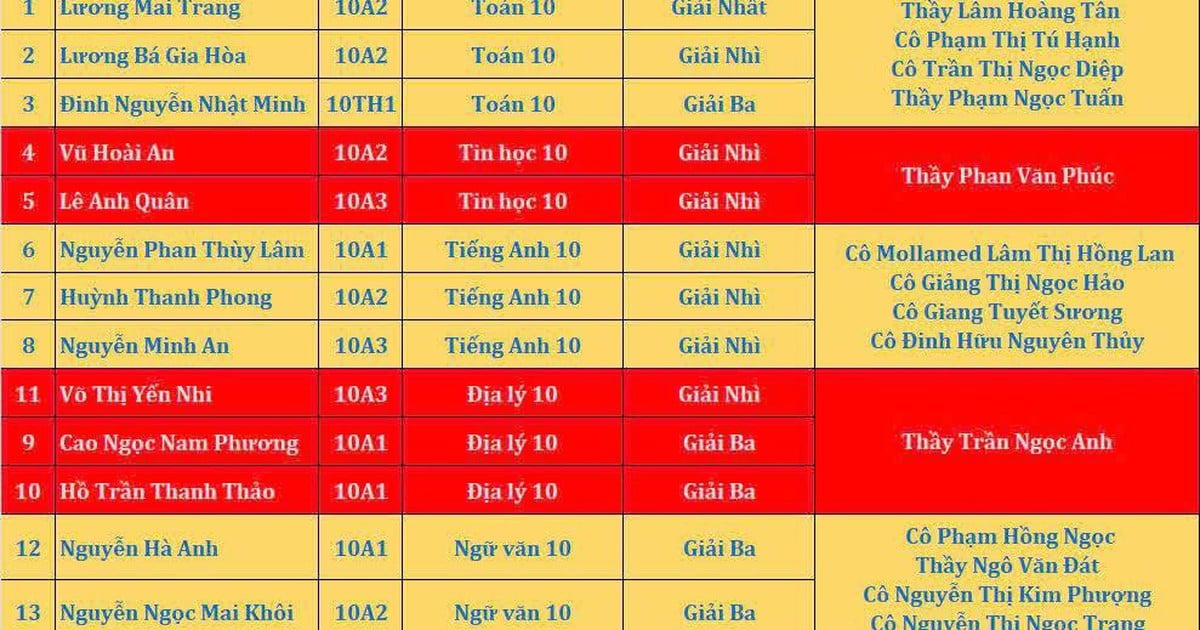
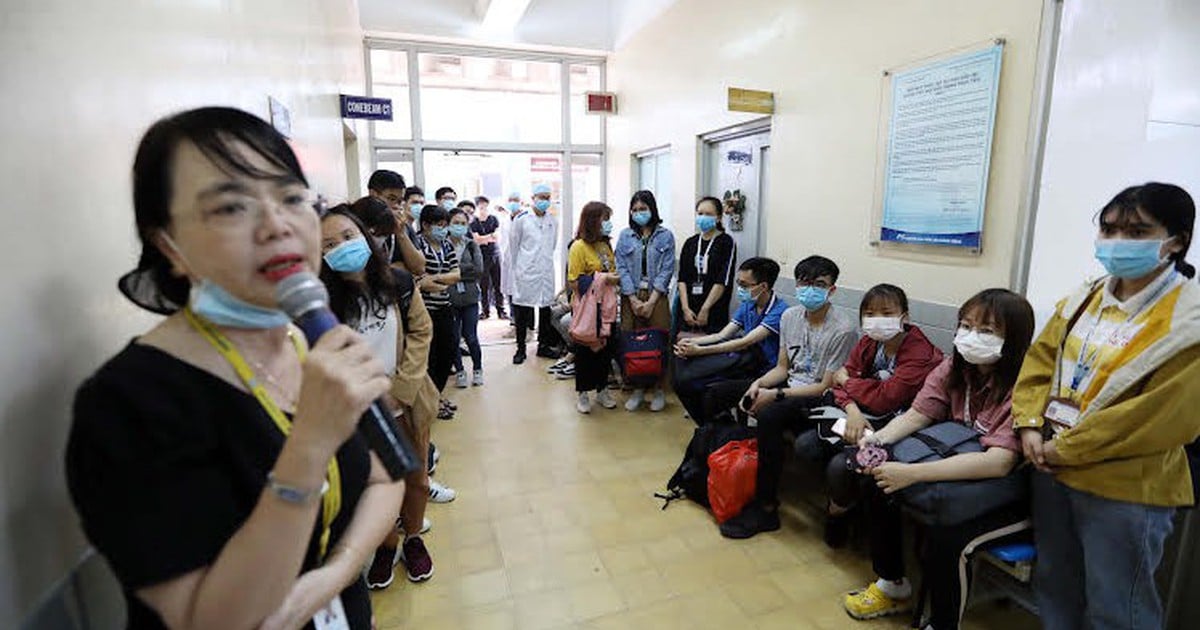

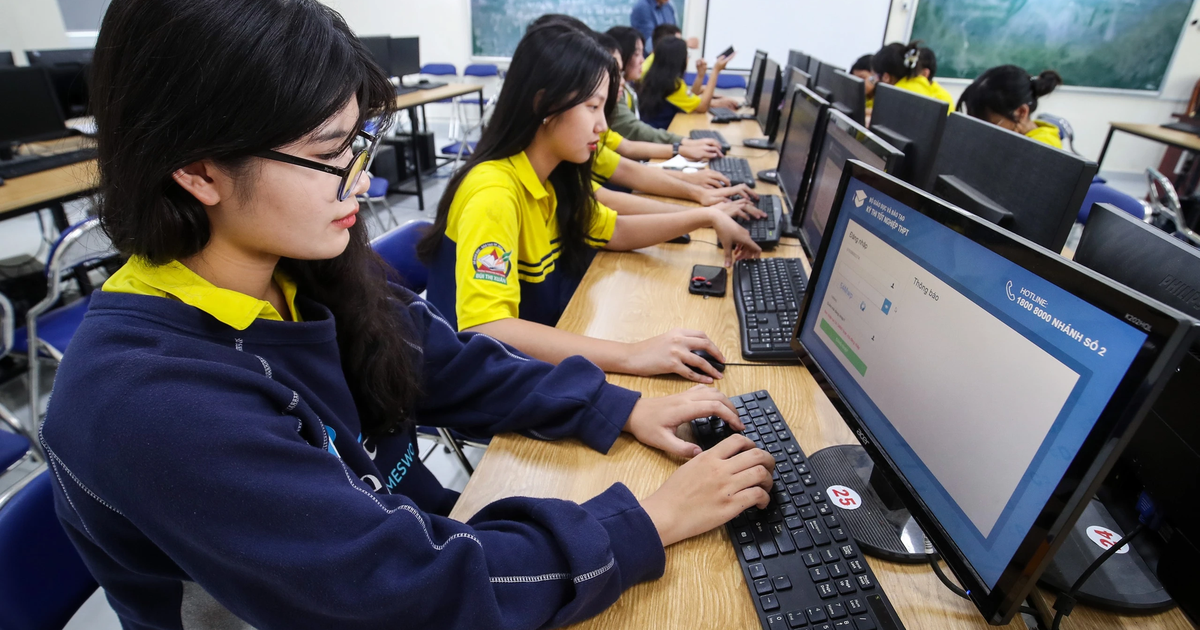

































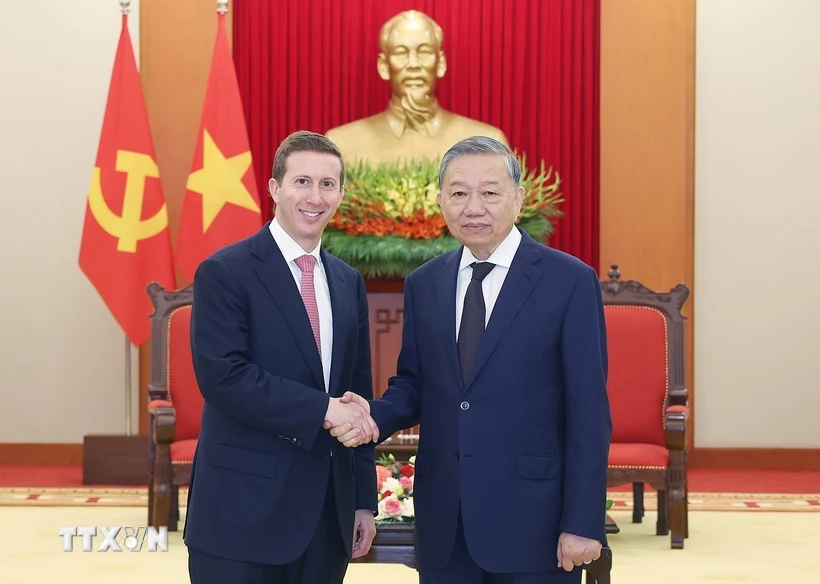












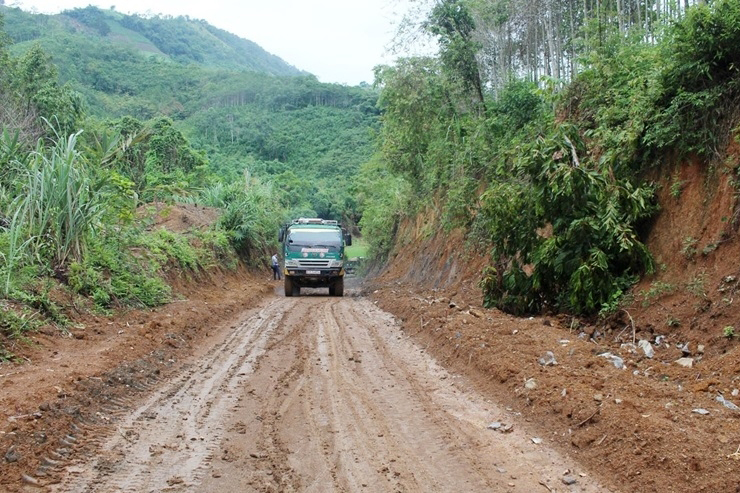


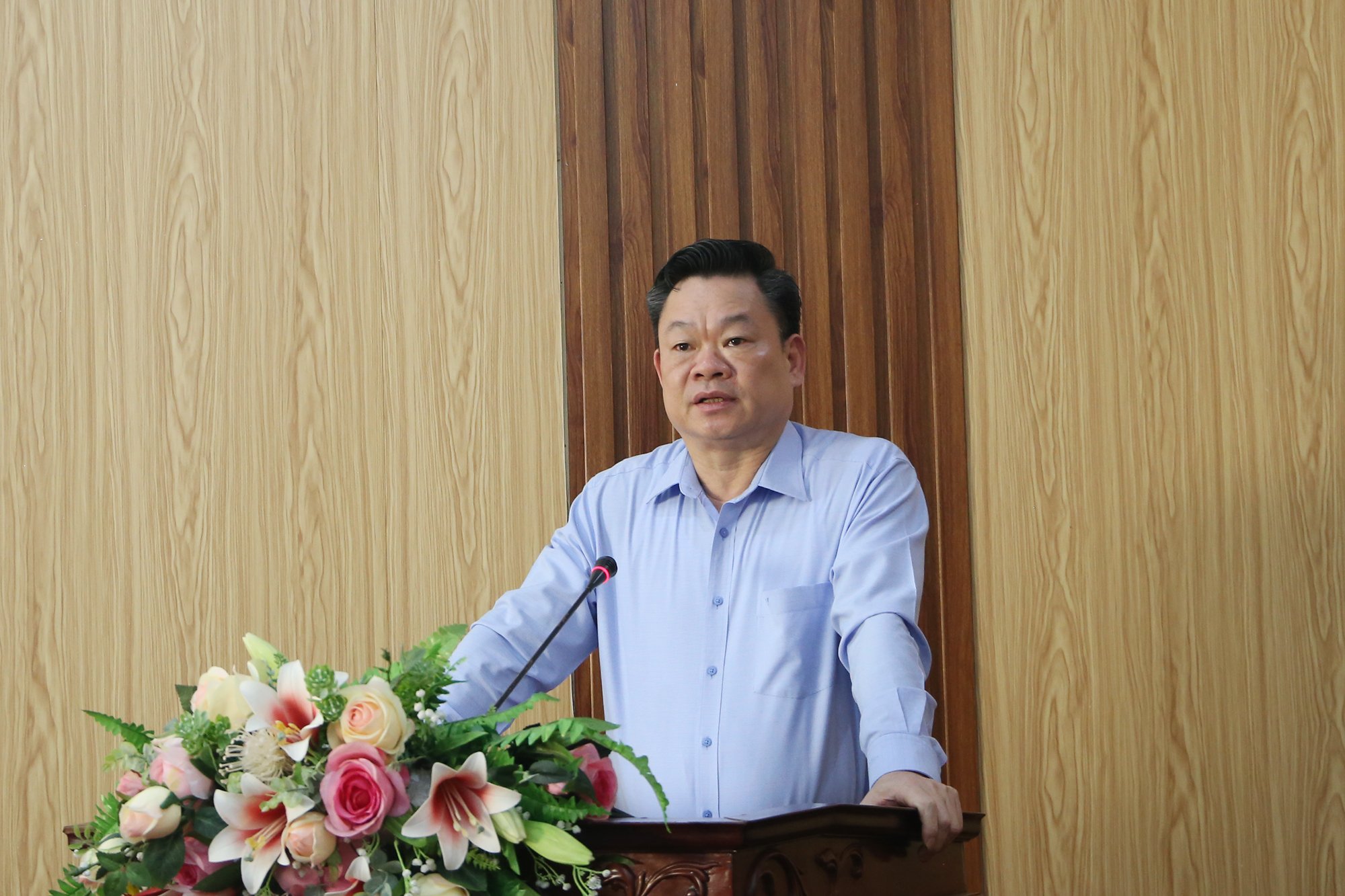












Comment (0)